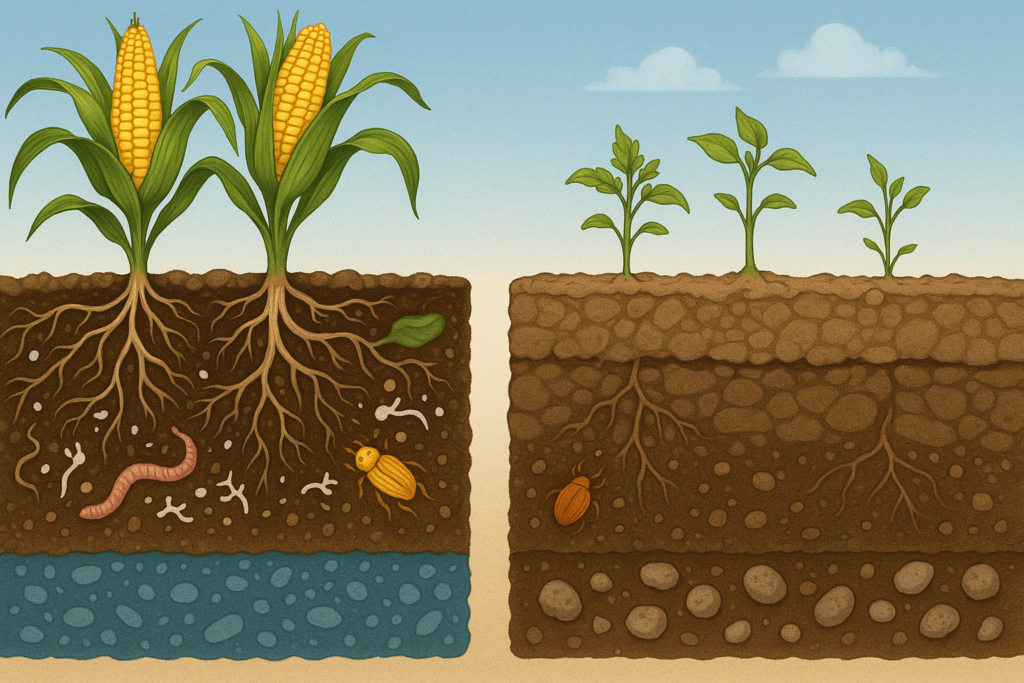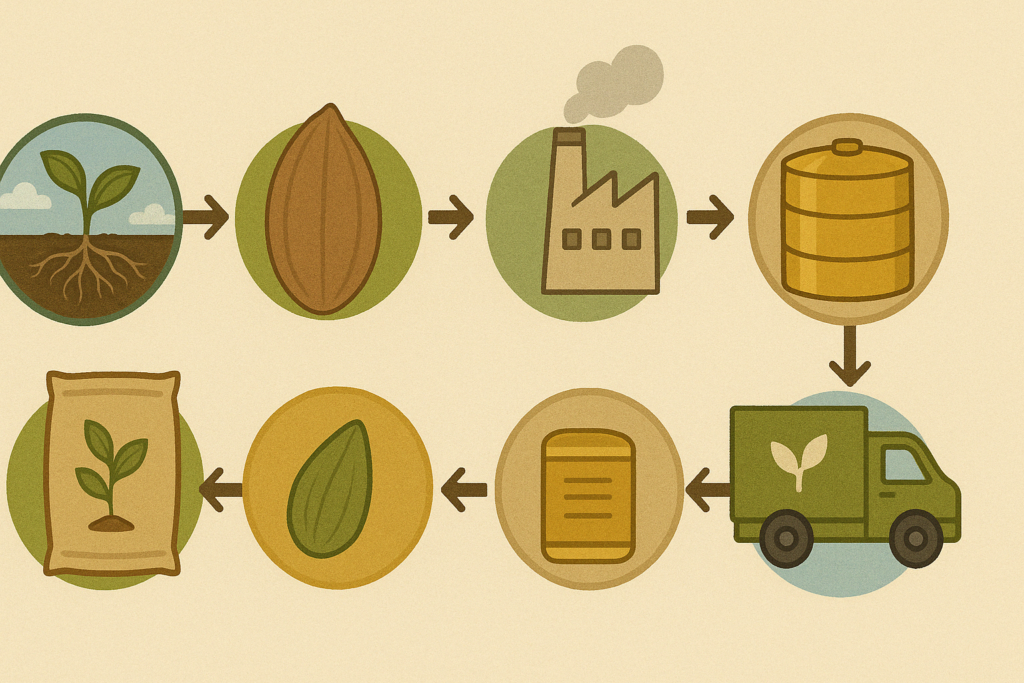
Авторський метод лікування рваних і рубаних ран
Глибокі рублені та рвані рани потребують ретельного, продуманого підходу. Наш авторський метод поєднує санітарну обробку, безпечні антисептики та регенераційний засіб «ВЕ», що забезпечує природне загоєння без формування рубців.











